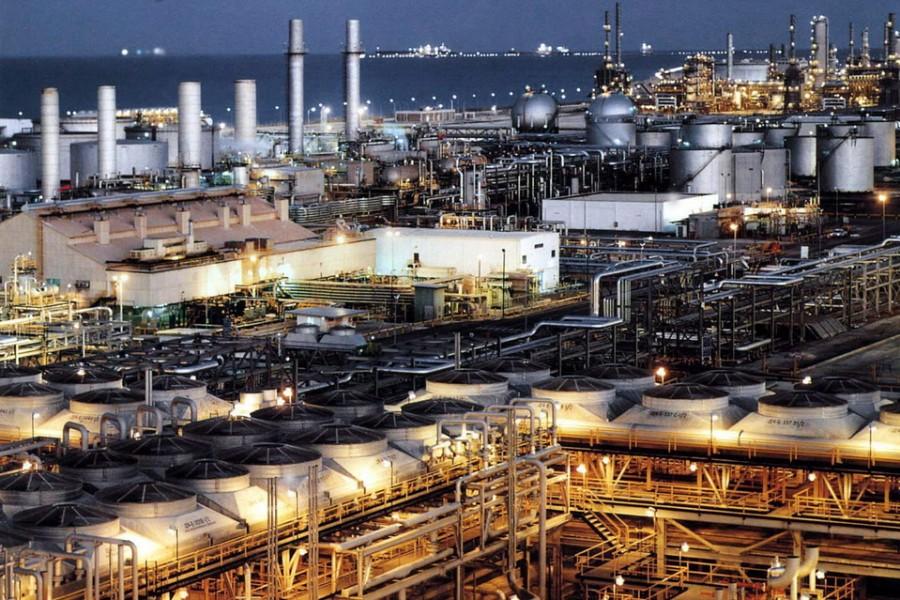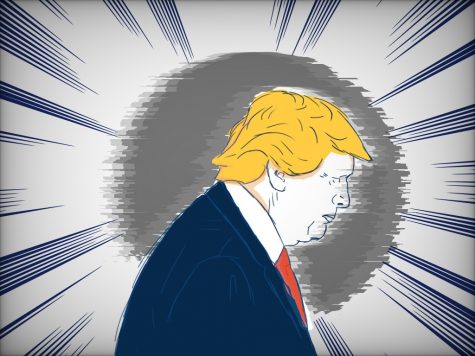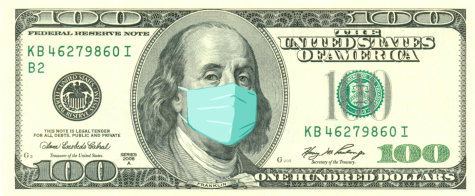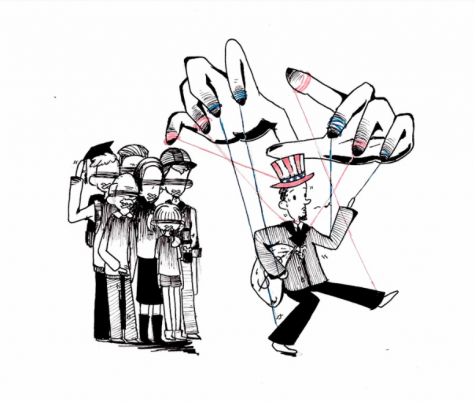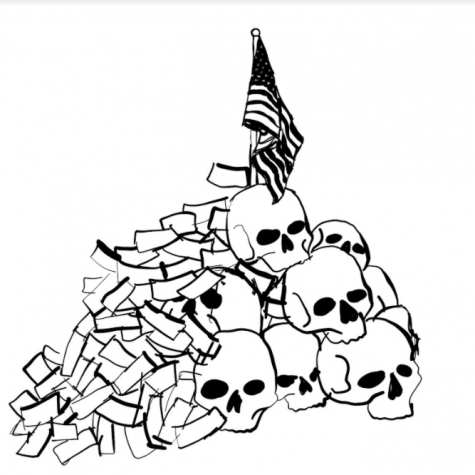The Iran Yet to Come?
In 1965, 42.4 percent of American adults were smokers according to the Center for Disease Control. Watch AMC’s “Mad Men” and you’ll get an idea of the vast customer base American tobacco companies enjoyed. Today, the tobacco industry is still puttering along, but only 19 percent of American adults were smokers in 2011, a figure that is likely even lower in 2015 (CDC). Smoking was a central part of American culture and a major social mechanism—seemingly everyone did it everywhere, secondhand be damned—but its demise didn’t cause the collapse of society, and lung cancer rates have nosedived.
The scale of addiction and amount of damage tobacco caused in the United States is dwarfed by a far more potent substance, one that we will do anything to obtain. Like tobacco, or perhaps methamphetamine, even the poorest will spend large amounts of money on obtaining it, and evil deeds are committed in the name of feeding our addiction.
This drug is called petroleum, and there is nothing that can stand between us and our fix— no country we will not invade, no environmental law we will not bend, no million-dollar airstrike we will not conduct— in order to obtain it.
One of the more embarrassing things the United States has done and continues to do in order to keep black gold flowing is support the Kingdom of Saudi Arabia (KSA), a highly totalitarian state that practices an especially conservative brand of Sharia, yet whose royals throw lavish parties, complete with alcohol, illegal in the Kingdom according to Bloomberg. Members of the Saudi royal family have repeatedly been accused of providing material support to al-Qaeda. The nation has continued to be one of the worst of the black sheep among America’s client states and allies. But unlike Uzbekistan or Uganda, Saudi Arabia possesses 18 percent of the world’s proven oil reserves (Encyclopedia Britannica), and it has no Khomeini or Chavez at its helm. To the government of the United States, Saudi Arabia’s human rights violations and authoritarian monarchy are an easier pill to swallow than Iran’s theocracy or Venezuela’s socialism. Given economic and political realities, there are greater evils. The principal problem posed by KSA isn’t moral or ethical, but strategic.
Saudi Arabia is an accident waiting to happen. While it has over thirty million citizens, they are ruled absolutely by the royal House of Saud (al-Saud), which has about fifteen thousand members. Of these, roughly two thousand hold the vast majority of the family’s wealth and, accordingly, its power.
There is no representative body in KSA, and the members of the few advisory bodies which serve the king are appointed and dismissed by him alone. On paper, the King is the sole possessor and source of power. In reality, decisions are the result of discussion and consensus among the two most powerful non-King entities in the country—the Sunni Islamic clergy, and male members of the senior royal family.
Individual dissenters— those who dare criticize the state or say anything that the most insecure cleric might regard as “insulting” Islam—face harsh punishments, such as one thousand lashings, or death by beheading. Yet despite the regime’s lack of tolerance of intellectual dissent, it does not react to large-scale unpopularity in the same way most totalitarian states would. The royal family does not make efforts to cultivate a cult of personality, partially because in practice the King shares power with the family, and partially because a cult of personality is technically idolatry in Islam (Encyclopedia Britannica). There exists a state security apparatus, but it is a joke compared to those of the USSR, China, and other, more traditional totalitarian states.
Oil is the first bulwark against disorder or total collapse of the royal government in KSA. The second is American support and technology. Saudi Arabia has remained a prolific buyer of American defense contractors’ products, according to the Telegraph, further encouraging the US government to drop its moral qualms with the Kingdom. There are thousands of US troops in Saudi Arabia, but they do not play an active role in maintaining domestic stability in KSA, for obvious reasons. To protect itself from the turmoil to its north, the Saudi government plans to build a sophisticated 600-mile-long “wall,” a system of layered fences, guard towers, and surveillance equipment, on its Iraqi border. But a fence cannot protect the regime from the unsustainability of its own system.
Saudi Arabia has two choices—it can continue to act as if oil is a renewable resource, and spend its way into the dark ages, or attempt to gradually evolve into a more stable, democratic system. This is not some naïve dream, but the most appealing of all the options. Following the collapse of KSA’s government absent reform, there are two routes the country would probably take—either some secular or semi-secular strongman would seize power, (which seems unlikely given royal grip on the country’s military) or the United States will have another angry populist theocracy on its hands. Iran’s own efforts to liberalize, guided by a fairly dictatorial king, the Shah, ended in revolution; that revolution bore a despotic regime with a medieval set of laws and isolating foreign policy.
The unfortunate reality of the situation is Saudi democracy presently has a snowball’s chance in hell. A large portion of the male population is unemployed, unskilled, and unmotivated thanks to the government’s lavish spending and lack of enthusiasm for education. Most of the population is highly conservative, and while Saudi Arabia’s GDP per capita is in excess of $50,000 a year, the median household income is less than half that, indicative of the stark inequality created by al-Saud’s monopolies on petroleum and political power. All of this ignores one of the worse problems with the Kingdom’s policies: its appalling level of government-mandated sexism. It is illegal for women to drive in Saudi Arabia, and this is but the tip of the iceberg.
The United States needs to take advantage of presently low oil prices and pressure its friends in Riyadh to consider reform; if these suggestions fall on deaf ears, it would not be entirely unwise to consider covert options to strengthen the few liberal elements within the royal family. Risk of chafing the regime is not a valid argument when the United States is producing over two-thirds of its petroleum domestically, even if our reserves are not a longterm solution. The Saudi royal family knows that its survival depends much on America’s continued purchase of Saudi oil, and provision of advanced weaponry to the Kingdom’s military.
America’s shale oil reserves are environmentally devastating, miserably inefficient compared to conventional petroleum, and much smaller than the fourth of a trillion barrels Saudi Arabia sits on top of. A change of regime in the Kingdom, though far from the horizon, would be a geopolitical nightmare. The United States does not need another oil-rich dictatorship like Libya, or another populist, fundamentalist Islamic theocracy like Iran. The latter might finally be under control after nearly four decades of being a nightmare in the making. It is indisputably in America’s best interest to push the Saudis to attempt reform, thus preventing an Islamic Republic of Saudi Arabia.


